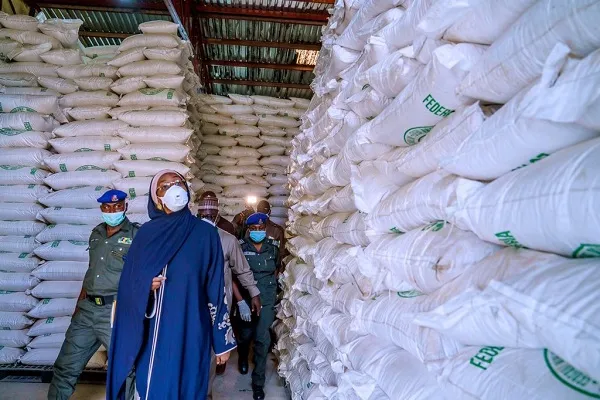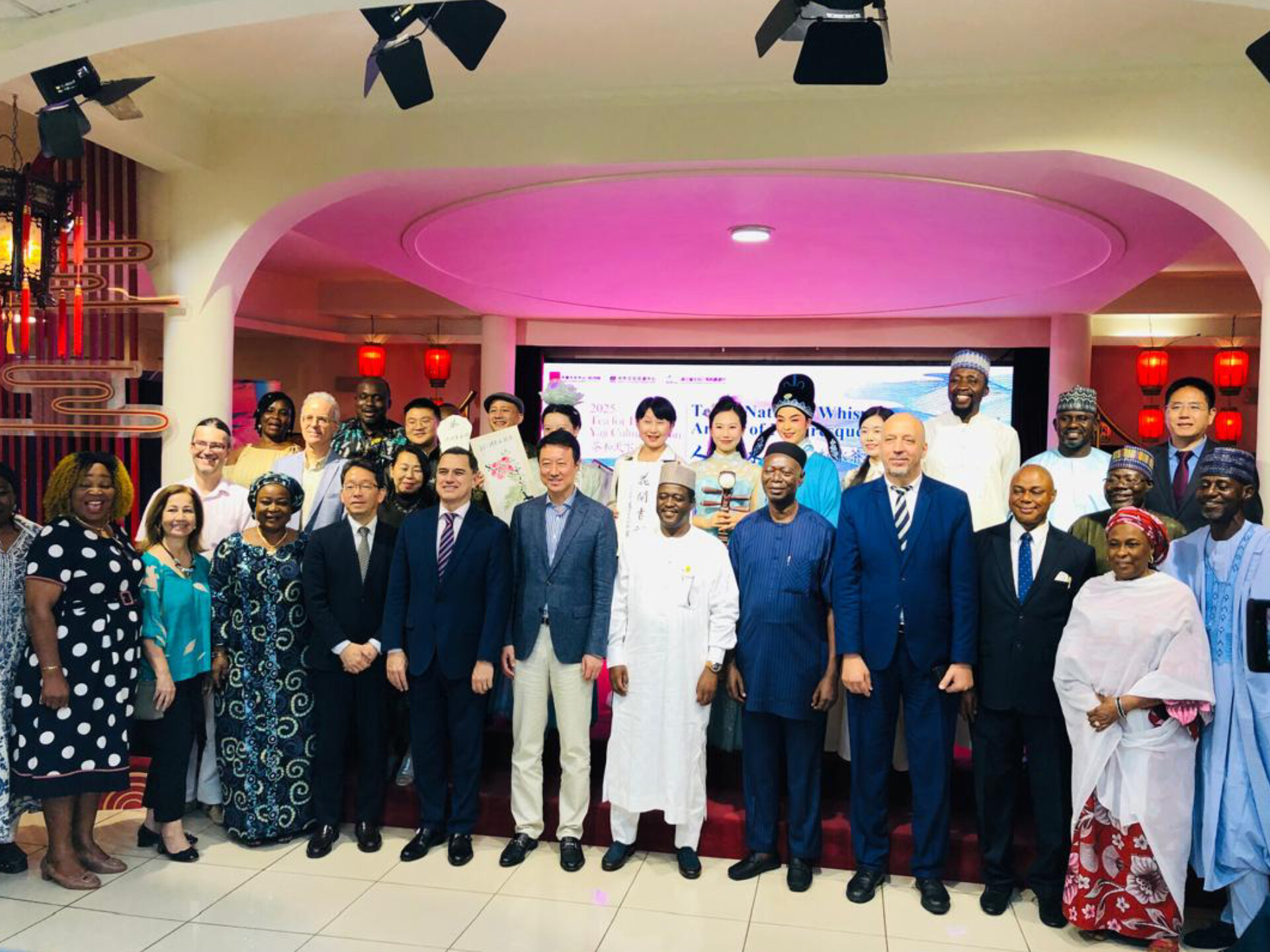In a landmark move to enhance food security and private-sector investment, Nigeria and Brazil have signed the commercial phase of the $1.1 billion Green Imperative Project (GIP). The initiative, which stands as Africa’s largest agricultural project focused on sustainable, low-carbon farming, is set to transform Nigeria’s agricultural landscape.
Vice President Kashim Shettima, speaking at the signing ceremony in Abuja, described the project as a key component of President Bola Tinubu’s administration’s strategy to improve food production and investor confidence. He emphasized that the GIP aligns with the government’s eight-point agenda and will integrate small-scale farmers into agricultural value chains.
“This project is a vital step in addressing food security challenges and leveraging strategic opportunities to drive economic growth,” Shettima stated. “Entrepreneurial capitalism is embedded in the Nigerian psyche, but our people need the right support to succeed.”
Originally initiated in 2018, the GIP has evolved into a multi-phase project. The latest agreement follows previous deals signed in Brazil during President Tinubu’s visit, bringing the total investment in Nigeria’s agricultural sector to approximately $8 billion.
Brazilian Ambassador to Nigeria, Carlos Garcete, hailed the project as a milestone in bilateral relations, noting that it will facilitate the importation and local assembly of agricultural machinery, creating jobs and ensuring easy access to equipment maintenance.
State governors and top government officials present at the signing ceremony lauded the project as a game-changer for Nigeria’s agricultural sector. Jigawa State Governor Umar Namadi highlighted the federal government’s commitment to agricultural transformation, while Benue State Governor Hyacinth Alia expressed optimism about the project’s impact on the nation’s food supply.
The agreement also underscores growing South-South cooperation between Nigeria and Brazil, with both nations committed to leveraging agricultural innovation to drive economic prosperity.




